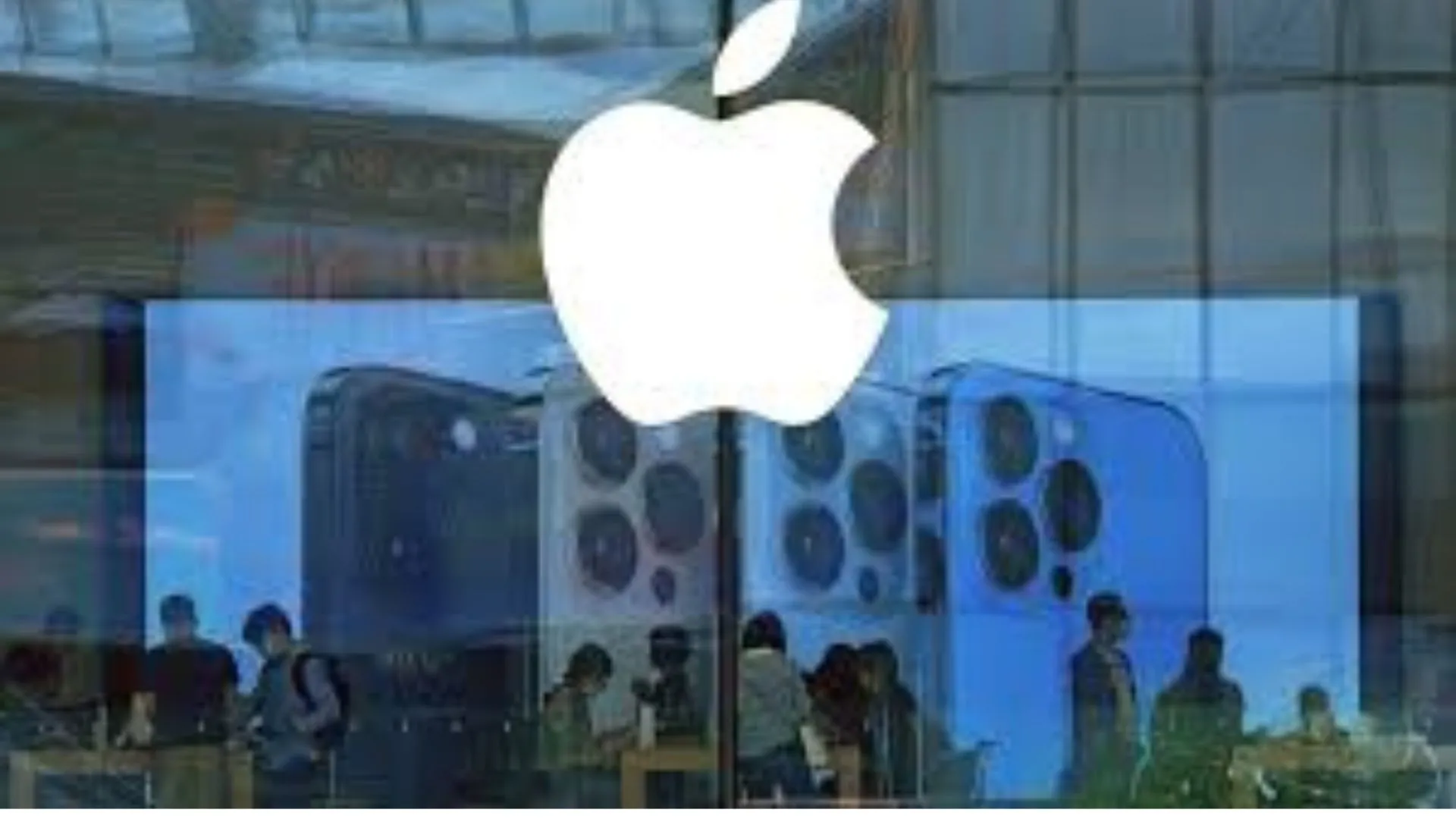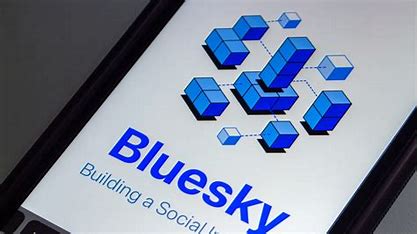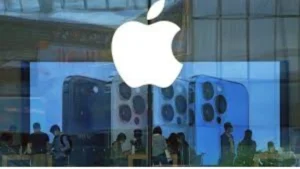Apple Inc. is on the verge of achieving a historic $4 trillion stock market valuation, buoyed by investor optimism surrounding the company’s advancements in artificial intelligence (AI) aimed at revitalizing sluggish iPhone sales. The tech giant has outpaced competitors Nvidia and Microsoft in the race to this monumental milestone, with shares rising approximately 16% since early November, adding around $500 billion to its market capitalization.
Investor Enthusiasm and AI Integration
The recent rally in Apple shares reflects growing investor enthusiasm for AI technologies and the expectation of a supercycle in iPhone upgrades, according to Tom Forte, an analyst at Maxim Group, who maintains a “hold” rating on the stock. As of the last market close, Apple was valued at approximately $3.85 trillion, significantly surpassing the combined market value of Germany and Switzerland’s main stock exchanges.
Historically, Apple has been the first U.S. company to reach previous trillion-dollar milestones, largely driven by the so-called iPhone supercycles. However, the company has faced criticism for its slow approach to developing an AI strategy, especially as competitors like Microsoft, Alphabet, Amazon, and Meta Platforms have taken the lead in this emerging technology.
Recent Developments and Future Outlook
In December, Apple began integrating OpenAI’s ChatGPT into its devices, following its announcement in June to incorporate generative AI technology across its app suite. Despite a modest growth forecast for the holiday shopping season, with overall revenue expected to increase in the “low- to mid-single digits” during its fiscal first quarter, analysts anticipate a rebound in iPhone revenue by 2025.
Morgan Stanley analyst Erik Woodring noted that while near-term iPhone demand remains muted, it is largely due to limited Apple Intelligence features and geographic availability. As these features expand, they are expected to drive improvements in iPhone demand.
The recent surge in Apple’s stock has pushed its price-to-earnings ratio to a near three-year high of 33.5, compared to 31.3 for Microsoft and 31.7 for Nvidia. However, Warren Buffett’s Berkshire Hathaway has sold shares of Apple this year, reflecting broader concerns over stretched valuations in the equity market.
Looking ahead, Apple faces potential risks, including retaliatory tariffs if U.S. President-elect Donald Trump follows through on promises to impose tariffs on goods from China. Analysts believe that Apple may receive exclusions for products like the iPhone, Mac, and iPad, similar to the first round of tariffs in 2018.
Despite recent volatility, including a drop in shares amid a Wall Street selloff following the Federal Reserve’s forecast of a slower pace of rate cuts, investors remain optimistic about the tech sector’s resilience. Sam Stovall, chief investment strategist at CFRA Research, noted that technology stocks are increasingly viewed as a defensive sector due to their earnings growth potential.
Adam Sarhan, CEO of 50 Park Investments, remarked, “Apple’s approach to a $4 trillion market cap is a testament to its enduring dominance in the tech sector. This milestone reinforces Apple’s position as a market leader and innovator.”














